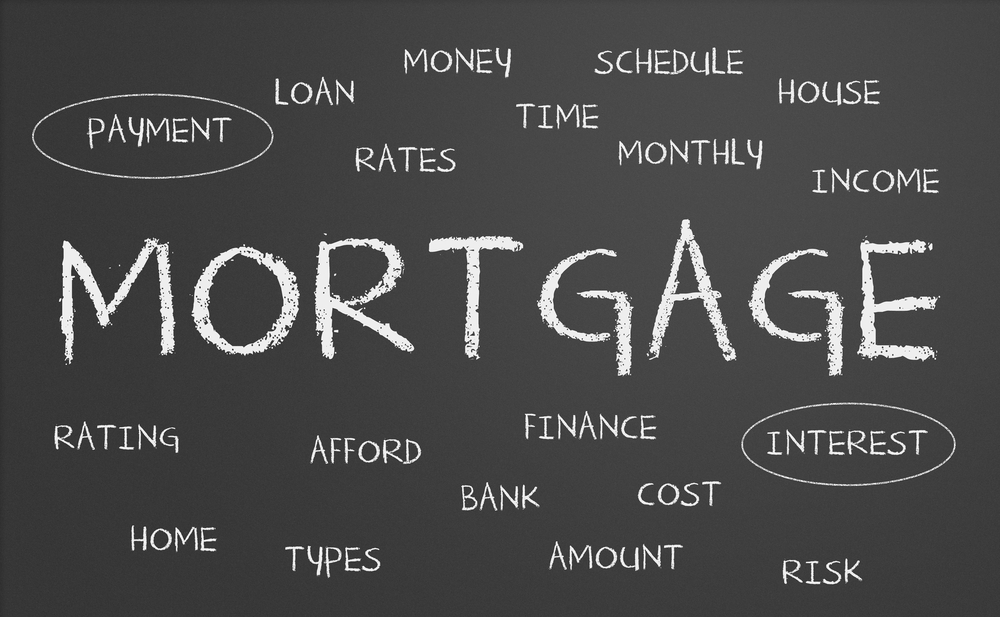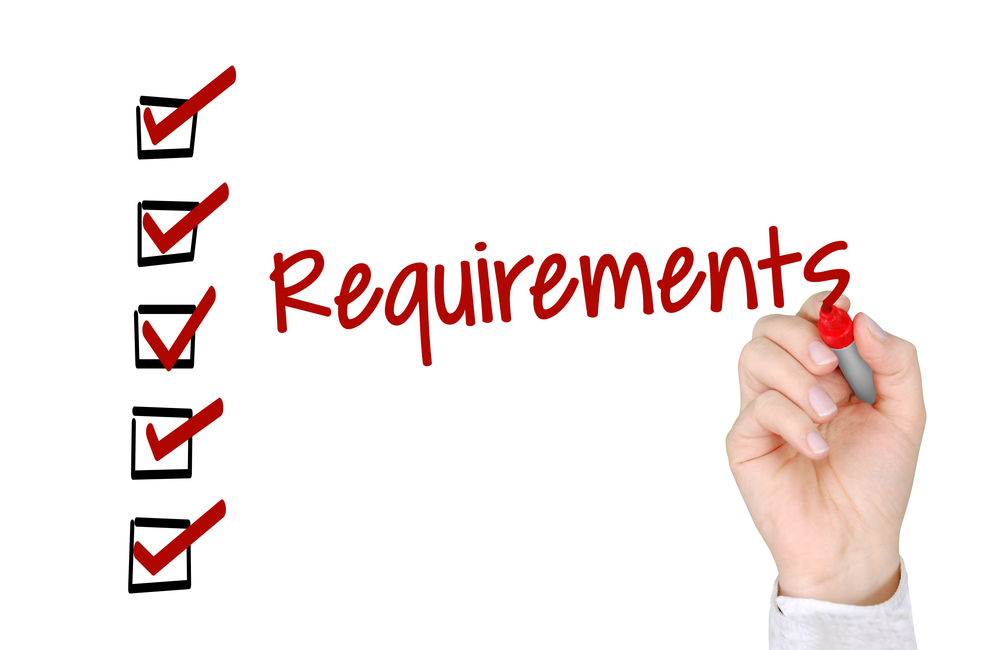Understanding what MLO is? Definition and Requirements for Mortgage Loan Originators

Imagine a career where you are easily able to make between $50K to $80K while getting the respect you deserve from a white-collar job.
Imagine more money for your family, more money to achieve your dreams, and more money to enjoy life. Does this sound like a dream come true?
If yes, then a career as a Mortgage Loan Officer (MLO) might just be exactly what you need to turn your dreams into reality.
Wondering what is MLO and how exactly it fits in the world of real estate?
A Mortgage Loan Officer is an adjacent career path in the vast world of real estate jobs. It is a fast-growing field with a shortage of skilled, qualified professionals.
For anyone looking for an exciting and rewarding career that gives the satisfaction of helping others, becoming a Mortgage Loan Officer is a good choice.
Life as a MLO can give you the right mix of responsibilities, challenges, and earning opportunities.
However, just like any other professional career choice, you will need to understand the essential steps to get started.
In this article, we are going to walk you through everything you need to know about MLO as a career choice, its job duties and responsibilities, and how you can become one.
What is a Mortgage License?
Definition and Purpose of a Mortgage License
If you want to start your real estate career as a mortgage loan officer, then you will need to obtain a mortgage license first.
Wondering what is a mortgage license and how you can get one?
A mortgage license is a legal proof that you are equipped with the required knowledge, skills, and training to serve as a mortgage license officer and provide financial guidance to clients.
Below is a list of points which encompass the overall purpose of a mortgage loan officer:
- Provide financial guidance and mortgage loan assistance to clients
- Assist in the collection and submission of required documentation
- Explain the different mortgage options available
- Suggest the most suitable mortgage loans and interest rate options
- Navigate through the different steps for obtaining a mortgage loan
- Provide insights into the market and industry trends
- Act as an intermediary between the lender and the borrower
- Ensure a smooth and seamless loan closing procedure
On top of the above points, it is the legal responsibility of the MLO to ensure that the mortgage application and its related paperwork are accurate and in compliance with the state guidelines.
Requirements for Obtaining a Mortgage License
Getting a mortgage loan is a big and important financial commitment for most homebuyers.
This is why mortgage loan officers need to have the right knowledge and skills about the financial systems and banking industry to assist their clients in the mortgage process.
Your mortgage loan originator license will be issued to you by the National Mortgage Licensing Service (NMLS) but you will need to obtain it from your home state.
According to the National Mortgage Licensing Service (NMLS), every applicant must meet a set of eligibility requirements listed below:
- You must be at least 18 years of age or older.
- You must have a high school diploma or related education with subjects like finance and math.
- You must be a citizen of the United States or a legally admitted alien with working rights in the country
- You must register yourself with the National Mortgage Licensing Service (NMLS).
If you meet the above basic requirements, then it is time to move on to the next set of requirements. These include fulfilling the background verification and criminal records information and submitting the required documents.
As the next step, you are required to obtain and demonstrate financial responsibility and the agreement to complete continuing education requirements.
The NMLS requires every applicant to complete 20 hours of pre-licensing mortgage loan originator license courses to equip themselves with the knowledge and skills to work as a mortgage officer.
The 20 hours of coursework covers key topics and is broken down as:
- Federal Laws and Regulations (2 hours)
- Fair Practices, Fraud, and Ethics in Lending (3 hours)
- Lending standards and guidelines (2 hours)
- Mortgage origination related information (12 hours)
Note that you can take the MLO course online and the above curriculum is not exhaustive. You can expect to learn about state-specific rules and regulations related to mortgage lending, reverse mortgages, and other topics.
Different Types of Mortgage Licenses
The mortgage industry is vast and comprises many different types of professionals and their respective licenses.
Let us take a closer look at what is a mortgage license, the different types of licenses, and what type of roles and responsibilities they entail:
- Mortgage Banker License: This type of license is required for banks and financial institutions that originate and fund mortgage loans. Mortgage bankers can sell loans to both consumers and middlemen and investors. Borrowers can go through the entire loan process from start to finish with a mortgage banker.
- Mortgage Broker License: This type of license is required for mortgage brokers who act as intermediaries between customers and lending institutions and organizations. Mortgage brokers neither originate loans nor do they underwrite loans. However, they facilitate the closing of loans in their names.
- Mortgage Lender License: In many states, a financial institution or lending company requires a mortgage lender license to legally operate. A lender license grants an entity to work directly with the borrowers and avoid any middlemen. However, it also enforces significant rules on a lender such as high net worth, minimum high surety bond, and significant mortgage industry experience.
What Does MLO Stand For?
Definition and Explanation of MLO
If you have never come across the term MLO, it is fairly common to come up with a simple yet important question - what does MLO stand for in real estate?
MLO is short for Mortgage Loan Originator which is the industry term for a professional employed by any lender to assist buyers and borrowers through the mortgage process.
MLOs act as enablers and administrators but they play a pivotal role in the home-buying journey and therefore in the real estate industry on the large.
A mortgage loan originator comes into the scenario whenever a home buyer is ready to make a purchase decision and requires a mortgage to close the deal.
Be it creating the first contract form to pre-approval of the loan till the closing, a mortgage loan officer navigates the borrower through the entire process.
As purchasing a mortgage is not a single-step process, a mortgage loan originator can either be a single person or an entity that works with their clients and guides them in securing a mortgage.
Mortgage officers act as a single source of finding the best mortgage loan options, preparing the required paperwork for mortgage applications, collecting the necessary documents, and answering any loan-related questions for their clients.
Common Uses and References to MLO
Now that you know what MLO stands for, let us walk you through some of the common use cases and references to MLO.
Put simply, there are two types of mortgage originators discussed below:
- Mortgage Brokers: They work as a mediator between a financial lender and a mortgage borrower. Brokers are self-employed and they work on a commission basis for either the lender or the borrower, or both parties.
- Mortgage Bankers: They work as state-licensed and authorized financial institutions that lend money to borrowers for mortgages. These perform mortgage securitization and customers can reach out to them directly to obtain a mortgage.
To sum it up, a mortgage originator can either be a bank (financial institution) or a person who acts as a middleman who works on behalf of their clients.
Let us understand this better through an example - James wants to purchase a home and wants to secure a mortgage loan to make up for the total purchase price. Since he is not aware of the mortgage process, he reaches out to a mortgage broker for advice.
The mortgage broker advises James on how to find the most suitable lender as per his financial needs and requirements
As a result, the mortgage broker connects his client with the chosen mortgage bank to obtain a mortgage loan.

How to Get a Mortgage Originator License
Step-by-Step Guide to Obtaining a Mortgage Originator License
Wondering how to become a mortgage loan originator and start your career in the real estate industry? Below is a list of steps you need to complete before obtaining your license.
Step 1: Meet the norms to become an MLO
Step 2: Go through the stipulated hours of pre-licensing coursework.
Step 3: Take and clear the SAFE (Secure and Fair Enforcement) test.
Step 4: Complete the NMLS background check and identity verification requirements.
Step 5: Apply for a MLO license
Step 6: Find sponsorship to activate your MLO license.
Once you complete all the above-listed steps, you will be able to legally work as a mortgage loan officer.
Educational Requirements for Becoming a Mortgage Loan Originator
The National Mortgage Licensing Service (NMLS) has established and enforced specific education requirements for applicants interested in becoming a licensed MLO.
Every applicant must complete the 20 hours of pre-licensing coursework and it should include mandatory topics such as - federal laws and regulations, fair practices and ethics, and mortgage loan origination.
Additionally, you are expected to have a high school diploma or GED with subjects like math and finance.
Once you have completed and fulfilled the educational qualifications, you can move on to the next step of the process.
Exam and Testing Process for Mortgage Originator License
According to the National Mortgage Licensing Service (NMLS), every applicant must take and pass the SAFE (Secure and Fair Enforcement) test.
To do so, you will need to secure at least 75 percent in the exam.
Note that if in the case that you are unable to clear the exam in the first attempt, you can take another attempt after 30 days.
Skills and Qualities of a Successful Mortgage Loan Originator
Now that you have learned about the steps on how to get a mortgage originator license it is important to also know what makes a successful and skilled MLO.
A career as a MLO will see immense potential if you can develop or work on the following skills:
- Transparency
- Knowledge and Skill
- Time management
- Financial network